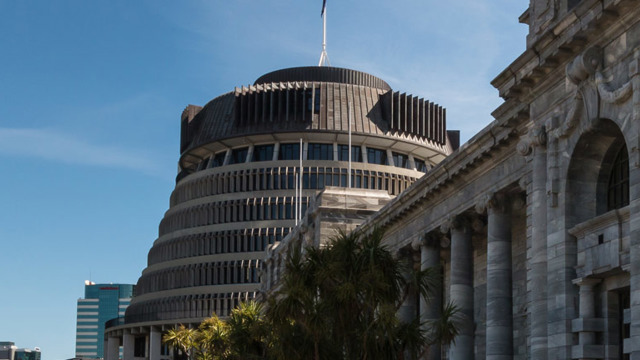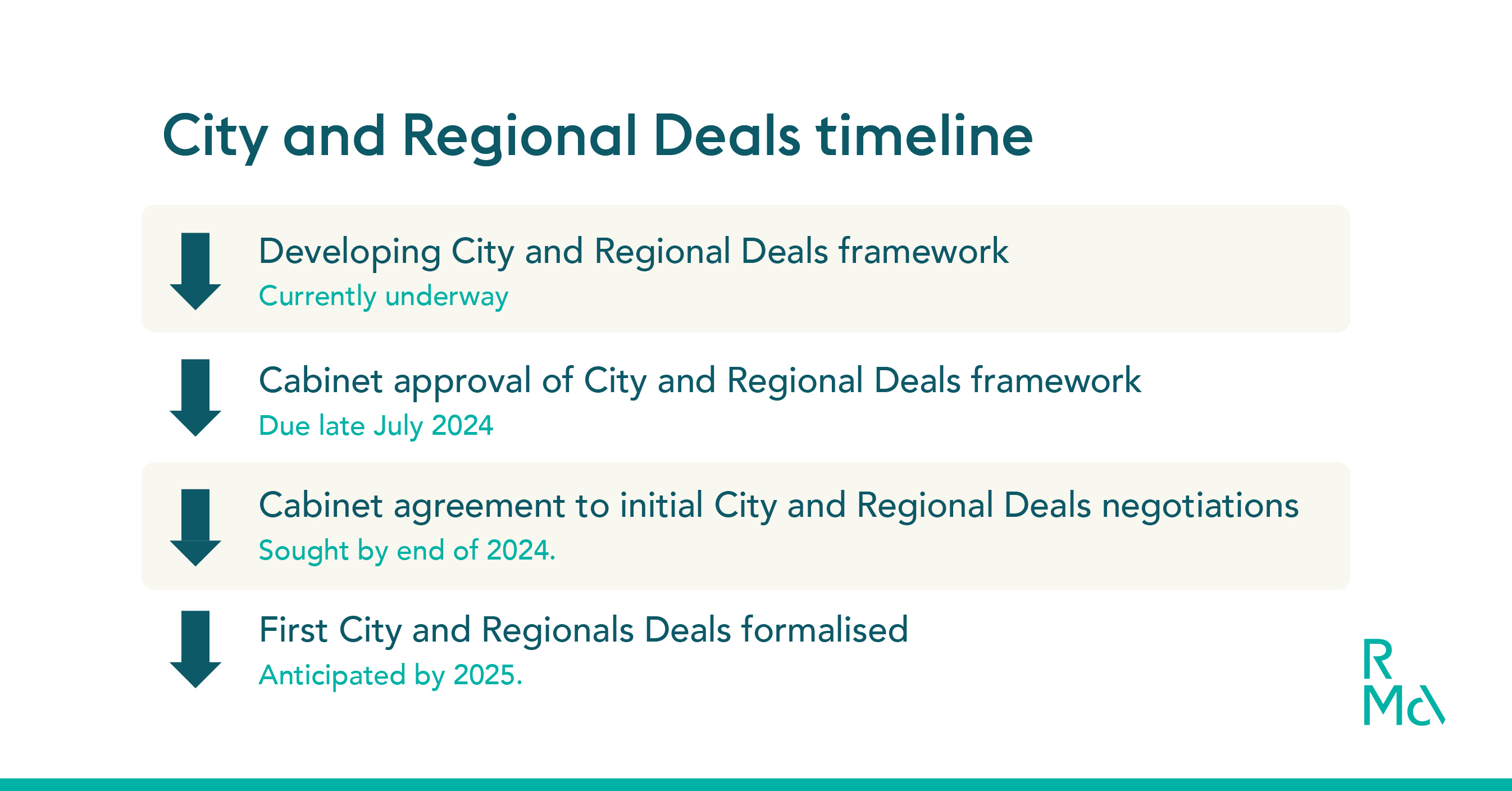Matter of Opinion
The Long Shadow of a Short Knight…
An enduring insult tossed about in New Zealand politics since the 1970s is that someone is behaving like Muldoon, or bringing back "Muldoonism". Opponents levelled such accusations occasionally at Helen Clark and Sir John Key, the country's longest serving Prime Ministers since Sir Robert. Recently opposition parties have used the spectre of the Muldoon-era National Development Act 1979 as an attack line on the National-ACT-NZ First coalition Government's Fast-track Approvals Bill. The fact Muldoon's political ghost still stalks the land 32 years after his death says a great deal about the late PM's presence and force of personality.
We write this piece not as a trip down memory lane for Baby Boomer and Generation X readers. Rather, we write to remember the spark igniting a chain reaction. Last week (14 June) marked the 40th anniversary of the most famous standup interview in the Beehive's history. That is, of course, Sir Robert Muldoon's late night announcement of a snap general election. What tends to live in the collective memory is the late PM's slurred speech as the heady cocktail of mixed spirits, allegedly medication, and unalloyed rage at Marilyn Waring's withdrawal that day from the National Caucus, took their inevitable toll.
A month-long campaign ensued with an office-worn Muldoon, in the midst of a general wage and price freeze, pitted against a slick media campaign headed by Labour's booming David Lange. If that was not enough, Bob Jones and his newly-formed New Zealand Party dealt the coup de grace by taking 12.5% of the vote, truly sealing Muldoon's fate. At 93.7% voter turnout, New Zealand clearly felt something was on the line. What followed the election on 14 July 1984 was nothing short of a generational upheaval. In six years, David Lange's fourth Labour government changed almost every facet of political, economic, and social life.
Reflecting back four decades, we can now see how the fourth Labour government (and arguably the first 1990–1993 term of the Bolger National government too) stand as a political reordering. Today's New Zealand largely fits the mould of the policy agenda implemented after July 1984. That puts the fourth Labour government in the company of the first Labour government (1935–1949), the Liberal government (1891–1912) and Sir Julius Vogel's several ministries (1860s and 1870s), all of which really made the political weather. That alone makes the 40th anniversary of 1984 worth reflection.
We must not, of course, paint the late Sir Robert Muldoon as a one-dimensional character defined by a rage-infused press conference in the winter of 1984. A complex and paternalistic leader raised by a single mother struggling to get by, he clung to the post-war settlement as the best guarantee of fair society as he saw it. No New Zealand PM since Muldoon experienced the Great Depression or served in the Second World War. We today should judge his government on its poor policy outcomes, not necessarily on the complex motivations of those who lived through what he experienced.
So what remains of Muldoon's legacy? The chain reactions Muldoon sparked in that torrid year of 1984 destroyed almost all his legacy. There are the results of Think Big, most still used today. There is New Zealand Superannuation – universally available to all New Zealanders aged 65 years and over and paid for from current expenditure rather than pre-funded – which today stands as one of the single most expensive parts of government operation. The other remaining legacy, of course, is the continued use of Muldoon as a term of derision.
Rather than infrastructure and expensive social policy, the use and abuse of power perhaps lingers most in collective memory – hence the continued political insult to compare someone to Sir Robert Muldoon. We can draw a straight line from Muldoon's excesses, to the smash-through reforming style of the fourth Labour government, to the advent of MMP and a different style of politics. Capable occasionally of self-reflection, Muldoon recognised the power he wielded as PM in a single-party government in a unicameral First Past the Post political system without a written constitution. Reflecting to the chief executive of his department that he could have an idea while shaving, call a Cabinet meeting in the morning to approve the idea, put a Bill into the House that afternoon, and have a law by nightfall, Sir Robert openly said while he held such power the term of Parliament should be no longer than three years.
Times have clearly changed. A fitting tribute to the changed political environment these four decades later would surely be extending the Parliamentary term to four years, so that much more constrained multi-party governments could enjoy a bit more stability to implement a policy agenda over a longer period. Four decades on from his political demise, a four year parliamentary term would arguably be the greatest and indeed an ironic achievement to emerge from the complicated legacy of Muldoon and the subsequent fourth Labour government.
And in the wider world…
In our last edition of Watching Brief we mentioned that 2024 amounted to a year of elections across the globe. We now note even more elections. The UK will go to the polls on 4 July 2024. The 650 seats in the House of Commons are all elected by First Past the Post. Meanwhile, responding to the strong showing by far-right parties in the European Parliament elections this month, French President Emanual Macron added to the election drama of 2024 by calling a snap election of all 577 members of France's National Assembly.




